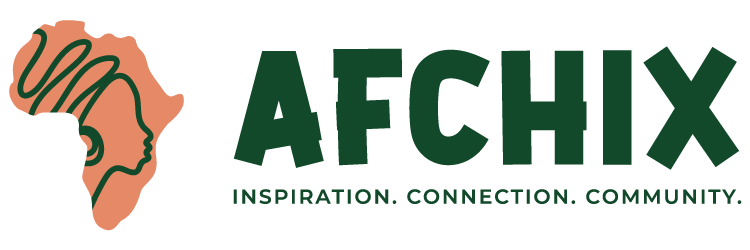Women and New Technologies in Francophone Africa
Few women are involved in ICT. This is partly due to the fact that women have long been relegated to second place in Africa since they are inferior in the hierarchy of communities and societies on the continent. This position, which far from signifying that they have no importance in society, is due to the subordination that women must owe to men and especially the circumference of their work and action in society.
However, socio-economic change have taken place since these years: several development and behavior change initiatives have been decisive in this fight. The fight today is mostly won in Francophone Africa even if we still note efforts made on some levels. Indeed, the schooling of girls has been one of the great battles since the end of the 20th century. What is the place of women in the field of new technologies nowadays in West Africa?
From school to science and technology: a tough battle.
The majority of girls in Francophone Africa Countries have had a short school career for decades. This is due to socio-cultural weight, poverty, early marriages, lack of coaching and motivation, etc. It has therefore been common for three decades to see these girls cut short in their primary and secondary education throughout the Francophone African region. Only minority frequencies of girls or women are found in universities. Among them are teachers from all fields, intellectuals, etc.
This world of women works with organizations to give other women the chance these days. The repeated movements and the promotion and fight against the obstacles mentioned above make it possible today to count a significant number of women in professional and university environments. However, the situation seems more worrying with regard to women in Mathematics and Technology Sciences. It is not too rare to see women in the literary or social sciences. A significant number of women also find themselves in life sciences and biology. The number of women in technological and mathematical engineering sciences.
This glaring situation is exacerbated by prejudices, the duty incumbent on women and the large male share given to these sciences because even at the continental and international level, the struggle is far from being won, parity and equality of opportunity, discoveries and innovations In Mathematical Sciences and Technological Engineering. UNESCO and the World Bank and private, public and civil society organizations have been working for almost 10 years to promote women in STEM so that they can feed the life course of technological sciences, computer engineering, software and software, and applied mathematical and physical sciences.
The multiplicity of struggles for the feminization of the fields of technological and computer sciences.
Very few Francophone women in Africa are present as engineers in technology and computer sciences. This figure is increasing from year to year thanks to various initiatives to encourage young girls in universities, high schools and academies. AfChix, an international organization for the advancement of women in ICT, is working to achieve these goals. USAID and the U.S. Embassy in French-speaking countries are also working to promote girls and women in ICTs; “Women in Tech” initiatives that give priority to professional women and women entrepreneurs in new technologies also contribute to the enhancement and promotion of women in these fields but more particularly to the paradigm shift in these fields.
The most inspiring initiatives in recent year have been led by women or women’s groups. Indeed, thanks to these fighting actresses like AfChix, many women have found the strength, motivation and courage to continue working in technological and computer sciences. The coming years will bring us many surprises with women and ICTs in French speaking countries in Africa.

